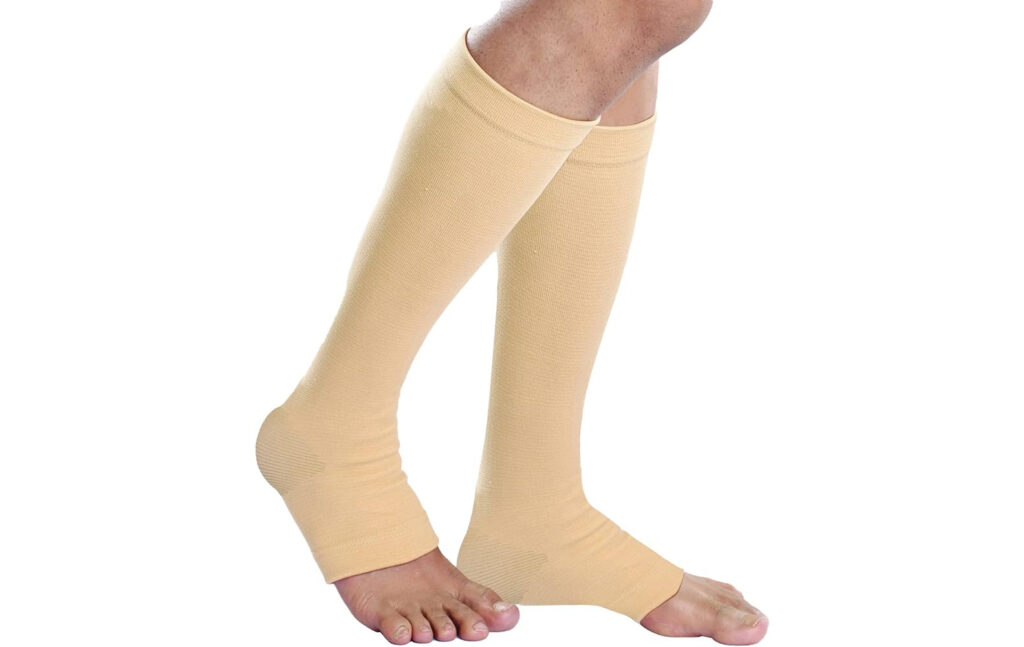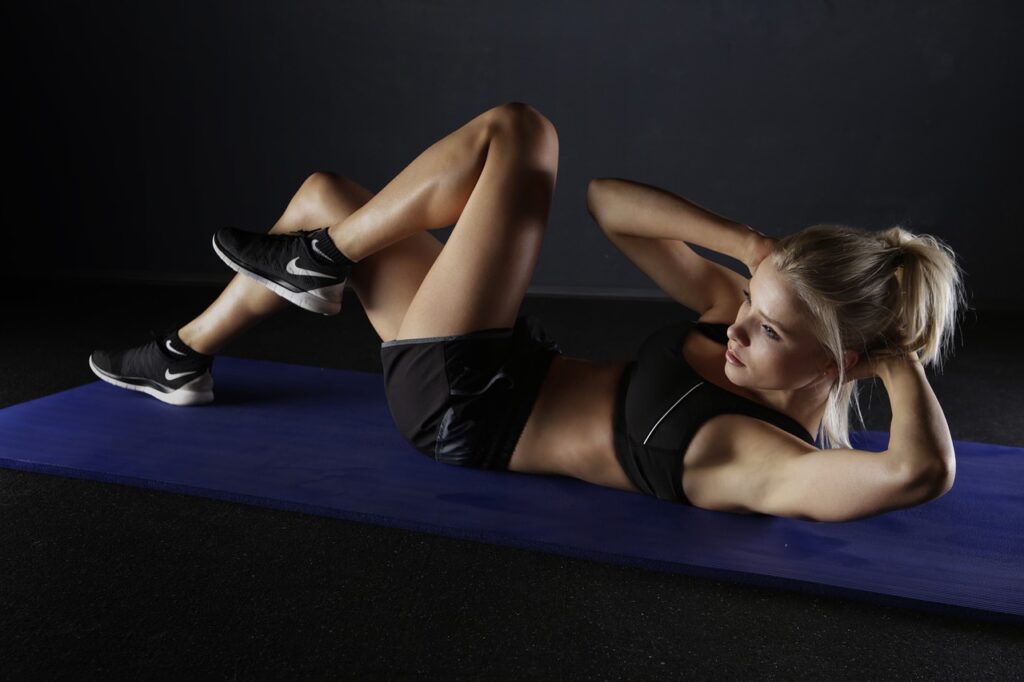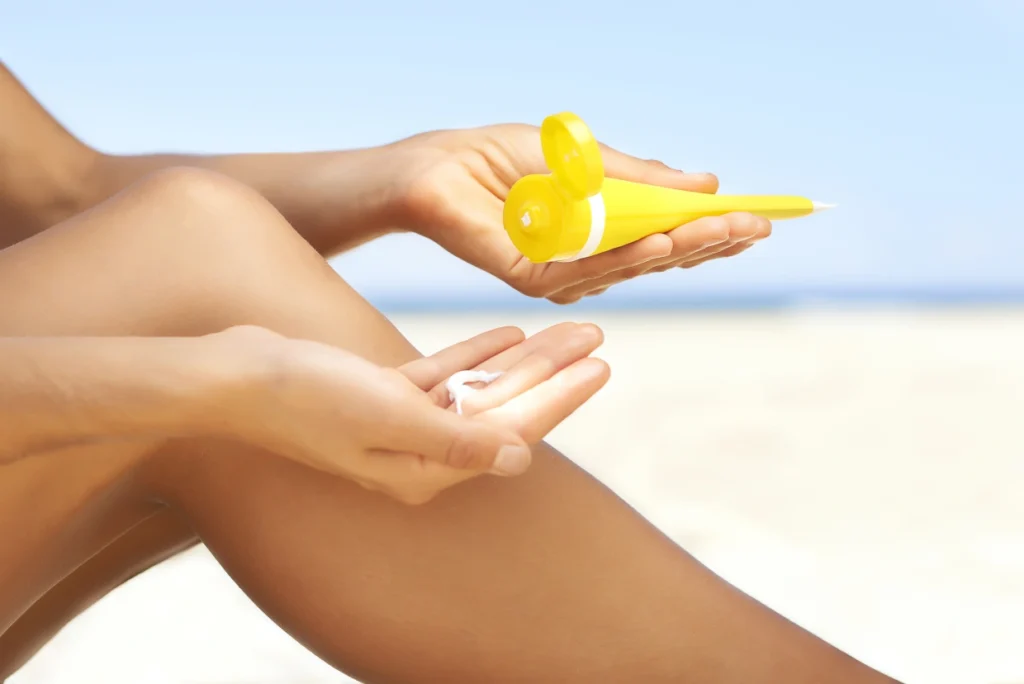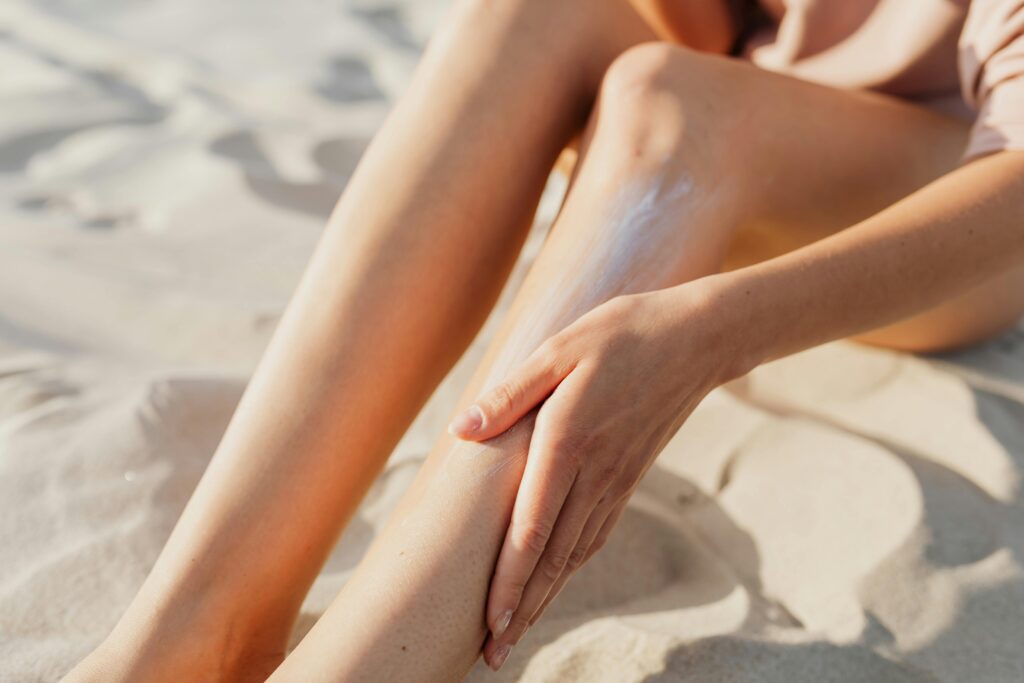Introduction
Summer brings warmth and sunshine, but for those with varicose veins, it also presents challenges. The heat can exacerbate symptoms, leading to increased discomfort and swelling. This article provides essential summer care tips for varicose veins to help you manage your symptoms and enjoy the season without compromising your vein health.
Understanding Varicose Veins
What Are Varicose Veins?
Varicose veins are enlarged, twisted veins that often appear on the legs. They occur when the valves in the veins malfunction, causing blood to pool and the veins to swell. Common symptoms include aching, swelling, and a heavy sensation in the legs.
Why Summer Can Be Challenging
The summer heat can cause veins to dilate, increasing blood pooling and worsening varicose vein symptoms. Additionally, higher temperatures can lead to dehydration, further complicating vein health.
Practical Summer Care Tips for Varicose Veins
Stay Hydrated

Proper hydration is crucial for maintaining vein health, especially in the summer. Drinking plenty of water helps keep your blood flowing smoothly and prevents dehydration, which can exacerbate varicose vein symptoms.
- Tip: Carry a water bottle with you and aim to drink at least 8 glasses of water a day. Infusing your water with fruits like lemon or cucumber can make it more refreshing.
Wear Compression Stockings

Compression stockings can help improve blood circulation and reduce swelling. They are particularly beneficial during long periods of standing or sitting, common in summer activities.
- Tip: Opt for lighter, breathable compression stockings designed for warm weather. Wear them during flights, long car rides, or any time you expect to be on your feet for extended periods.
Keep Cool

Keeping your body cool can help prevent your veins from dilating. This reduces the pooling of blood in your veins and minimizes swelling.
- Tip: Stay in air-conditioned environments during peak heat hours, take cool showers, and avoid hot baths. Wearing loose, light-colored clothing can also help keep you cool.
Elevate Your Legs

Elevating your legs promotes better blood flow back to the heart, reducing the pressure on your veins.
- Tip: When resting, elevate your legs above heart level for 15-20 minutes, several times a day. Use a pillow or a footrest to make it more comfortable.
Exercise Regularly

Regular exercise strengthens the muscles in your legs, promoting better blood circulation and helping to alleviate varicose vein symptoms.
- Tip: Engage in low-impact exercises such as walking, swimming, or cycling. These activities are gentle on your veins while still providing a good workout.
Protect Your Skin

Exposure to the sun can damage your skin and exacerbate varicose veins. Protecting your skin is essential during the summer months.
- Tip: Apply a broad-spectrum sunscreen with at least SPF 30 to your legs and other exposed areas. Reapply every two hours, especially after swimming or sweating.
Maintain a Healthy Diet

A balanced diet rich in fiber and low in salt can help prevent swelling and support overall vein health.
- Tip: Incorporate plenty of fruits, vegetables, whole grains, and lean proteins into your meals. Avoid processed foods high in sodium that can lead to water retention.
When to Seek Medical Advice
While these tips can help manage varicose vein symptoms, it’s important to know when to seek professional medical advice. If you experience severe pain, significant swelling, skin changes, or ulcers, consult a vein specialist.
Conclusion
Managing varicose veins in the summer requires a combination of practical strategies to keep your veins healthy and comfortable. By staying hydrated, wearing compression stockings, keeping cool, elevating your legs, exercising regularly, protecting your skin, and maintaining a healthy diet, you can enjoy the summer months while minimizing varicose vein symptoms. Remember, for persistent or severe issues, seeking medical advice is crucial for effective management and treatment.

